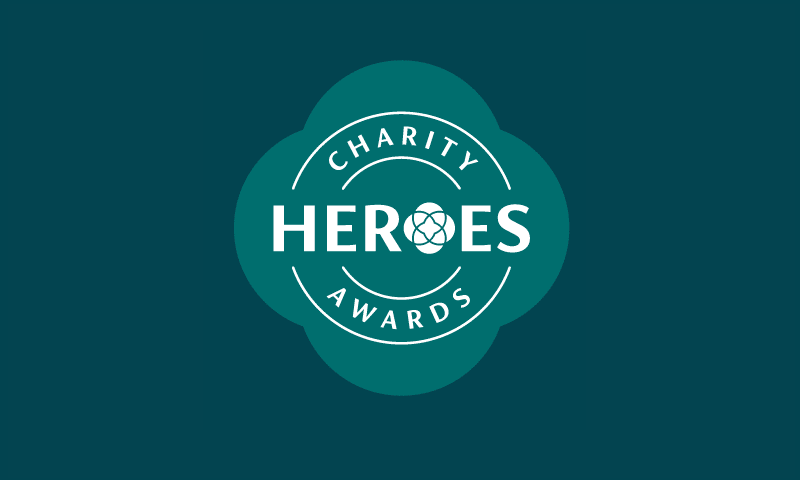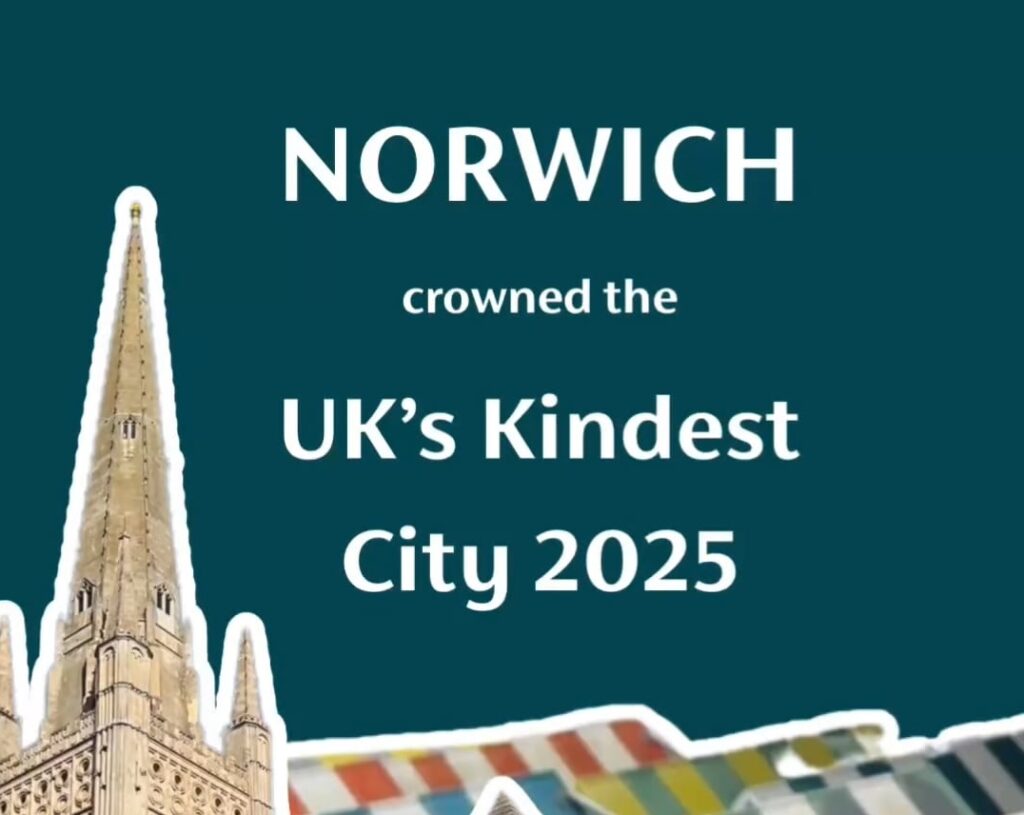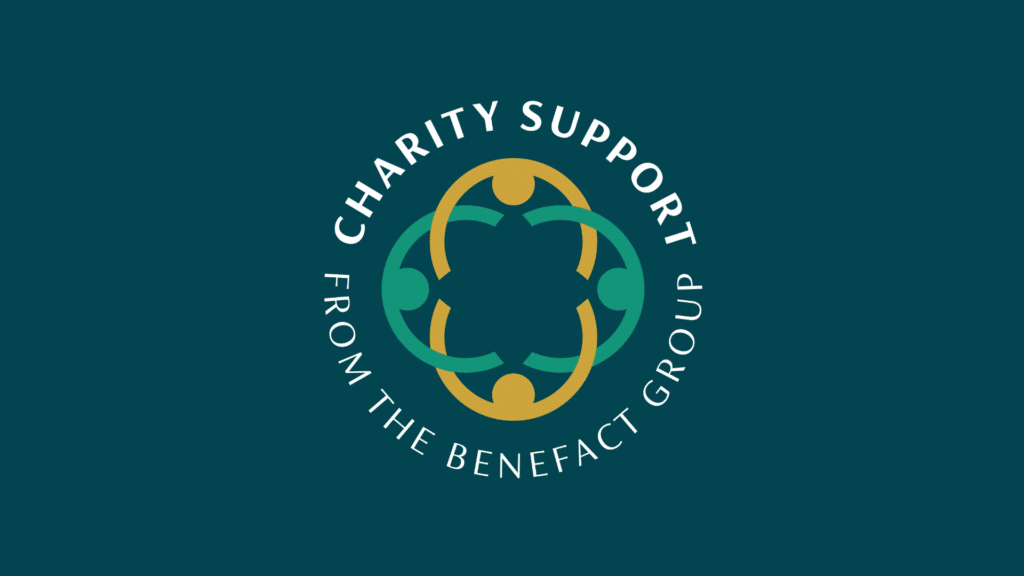
Charitable giving adds £23 billion to UK economy – Benefact Group launches inaugural ‘Value of Giving’ Report
Leading corporate donor releases economic research highlighting the hidden contribution of donations and volunteering to the UK economy
- The annual value of volunteering in the UK was £18.7 billion in 2022
- Value of charitable donations was £4.3 billion in 2022 – down £5 billion from 2021
- Three quarters (76%) of UK adults donated to charity in 2022 – up from 64% in 2018/19
Benefact Group today launches its Value of Giving 2022 Report1, a landmark piece of research assessing the previously unstudied socio-economic value of volunteering and donating.
Its key finding was that in 2022 the combined value of volunteering and donations came to £23 billion (bn), representing 0.8% of total UK GDP2 – larger than the sports and gambling sector valued at £18.4 bn combined3.
The research, commissioned by Benefact Group and conducted by the Centre of Economics and Business Research (Cebr), found the estimated annual value of voluntary work to the economy was £18.7bn, with charitable donations contributing an additional £4.3bn.
Value of volunteering has risen
The pre-pandemic decade saw a steady increase in the value of volunteering, rising by £7.5bn from £11.2bn to £18.7bn between 2010/11 to 2018/19.
The Covid-19 pandemic and lockdown restrictions were key factors in the annual value of volunteering falling to £11bn in 2020.
Volunteering levels have since recovered, with the estimated annual value of voluntary work in 2022 rising to £18.7bn – a return to pre- Covid-19 levels. This has been driven by a post-pandemic surge in volunteering, with the proportion of adults giving up their free time to help good causes rising from 17.9% in 2018/19 to 29.7% in 2022.
However, this has been offset by a fall in the average hours spent volunteering. Benefact Group’s report found average volunteering hours have halved since 2020, from 12 hours over a four-week period to six hours in 2022.
Charitable donations have fallen
The report found that charitable donations rose steadily from £5.9bn in 2010/11 to £9.8bn in 2020 but have since fallen to £4.3bn in 2022, following the pandemic – significantly down on the £9.3bn donated in 2021. The steep drop is likely to be due to increased living costs for UK households and soaring bills over the past year. The fall in donations also comes as inflation remains at historically elevated levels.
The report also found that while the average cash value of donations and amount of time spent volunteering have decreased during the cost-of-living crisis, the number of people giving and volunteering is significantly higher than pre-pandemic levels.
The research found that over three quarters (76%) of UK adults donated to charity in 2022, up from 64% in 2018/19. Despite increasing charitable donations, challenging financial circumstances following the pandemic and rising living costs have impacted the amount people have been able to give. The average amount given by those donating over a year has more than halved since the beginning of the pandemic, falling from £261 in 2018/19 to £101 in 2022.
Mark Hews, Group Chief Executive at Benefact Group, said: “The charity sector is a cornerstone of British society and this report quantifies the combined value of the charitable donations and volunteering to the economy, for the first time. As the third largest corporate donor in the UK, charitable giving is at the heart of what we do and we donate all our available profits to good causes. We encourage businesses – who can also play a pivotal role in supporting the sector – to continue to donate and empower their employees to continue volunteering. The combined effort of corporates collectively donating a proportion of their profits and the public kindly giving up time to volunteer can drive a crucial movement for good within society.”
Kay Neufeld, Head of Forecasting and Thought Leadership at Cebr, said: “Our report with Benefact Group gives a comprehensive overview of the economic value of charitable giving and volunteering in the UK at a time when the country emerged from pandemic restrictions. It is encouraging to see that the share of people giving to charity or volunteering in their free time has not only fully recovered but even exceeded pre-pandemic levels. By quantifying this combined value of giving, we’re pleased to be able to demonstrate the crucial importance of this sector to the UK economy.”
Owned by a registered charity, Benefact Trust, Benefact Group is the third-largest corporate donor to charity in the UK6 and gives all its available profits to good causes. For more information on the Value of Giving, please see the full report at benefactgroup.com/value-of-giving
Notes:
- Value of Giving 2022 Report
- Based on World Bank Data. UK GDP in 2021 was $3.1 trillion (£2.6 trillion).
- ONS data: GDP output approach (Excel tables, tab 2a, sum of Q1-Q4 2022 figures in columns 92 and 93)
- Based on VisitBritain’s Monthly Inbound Update – June 2019
- Total income from farming in the UK in 2021
- UK Guide to Company Giving 2023/2024
Methodology
The majority of the empirical research in this report is based on proprietary econometric analysis of the UK Household Longitudinal Survey (UKHLS), which provides detailed information on life in our country at an individual level.
The UKHLS tracks a large sample of individuals in the UK over time. The survey contains responses from more than 34,000 adults, making it a reliable and accurate representation of the British population. The questionnaire includes questions on the frequency and volume of voluntary work, and the frequency and level of charitable donations.
This data also enables us to apply an econometric estimation model in order to specify the impact that being a volunteer or donor has on an individual’s life satisfaction.
We used the UKHLS to calculate the volume of voluntary work between 2010/11 and 2021. The UKHLS analysis was then updated using the results from a bespoke survey of 2,000 UK adults commissioned for this research, assessing qualitative attitudes towards volunteering and charitable giving against the backdrop of increasing living costs. Fieldwork was carried out by Sapio during September 2022. We used further data sets, including those from the Charities Aid Foundation (CAF), to bridge gaps in knowledge in regard to charitable giving.
Using official data for hourly wages, we assigned a monetary value to this voluntary work. The rationale is that people provide work for free, for which they could usually be paid an hourly wage. This is then upscaled using population data to gain the overall annual value for a given year. Similarly, the average amount that people donate to charities is upscaled to arrive at annual values for the UK.
After quantifying the value of volunteering and altruistic giving, we analysed the effect that giving has on the individual. In particular, we looked at whether volunteering and giving to charity was associated with an increase in a person’s self-reported life satisfaction, and with better mental health outcomes. Our econometric analysis also considered other factors that may influence life satisfaction, such as income, to arrive at a series of robust conclusions.


